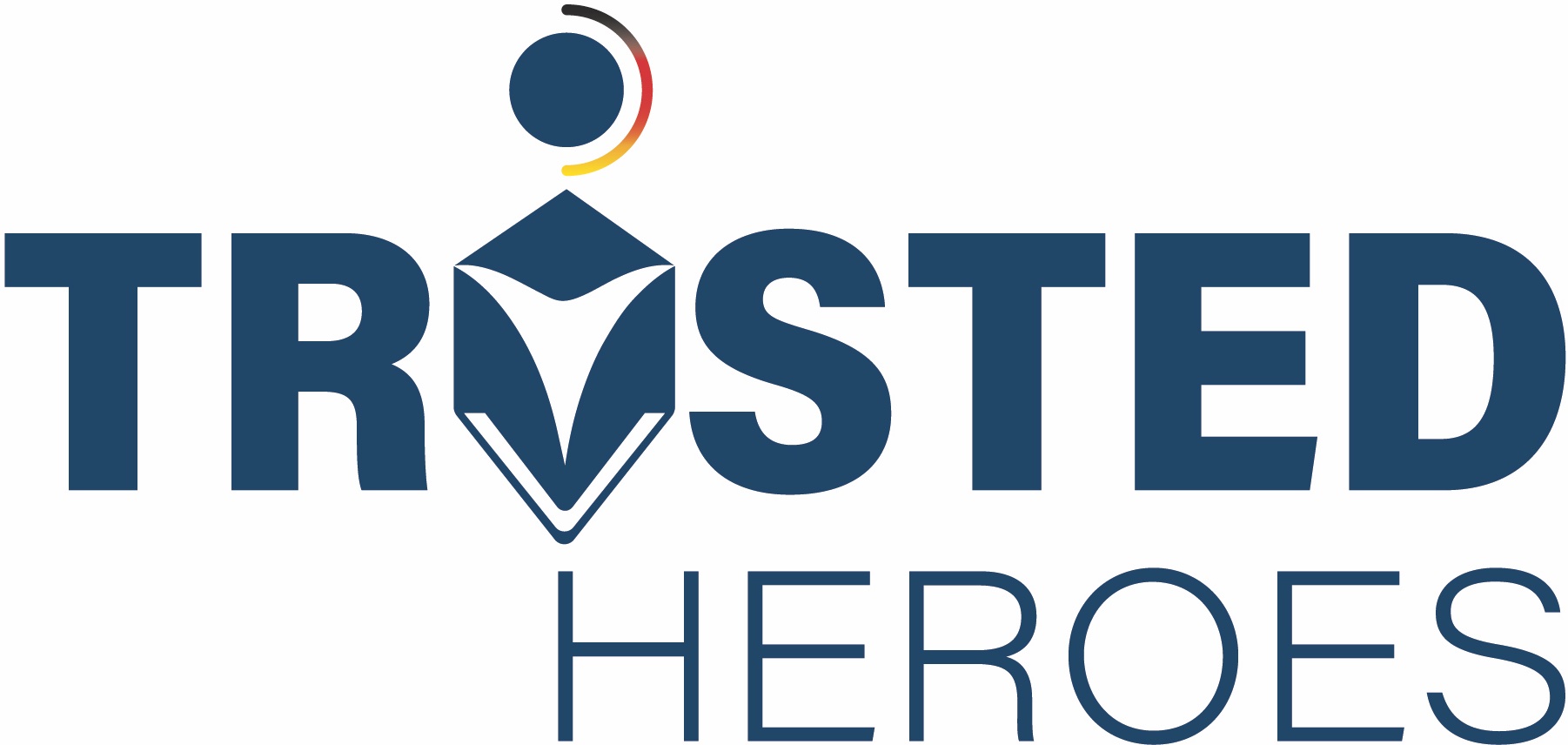Standards are agreed-upon benchmarks or guidelines that define the requirements, specifications, and criteria a product, service, or process must meet. They play a crucial role in the modern economy and society because they provide the foundation for a high level of quality, safety, and efficiency.
- General significance: Standards are often the result of consensus-building among various stakeholders, including manufacturers, consumers, governments, and scientific experts. They serve as a kind of “rulebook” that ensures products and services meet certain minimum standards. This allows consumers to trust that the products they purchase are safe and efficient, while manufacturers have the assurance that their products are competitive.
- Development of standards: The development of standards is often a complex process that requires expertise in various specialized fields. Once established, they are documented in detailed texts that specify the requirements to be met. These documents are often managed by specialized organizations such as DIN in Germany or ISO at the international level.
- Application areas: Standards can be applied in a wide variety of fields, ranging from product quality and safety to environmental standards and technological specifications for system interoperability. They can be voluntary but may also be established by legislators as mandatory requirements.
- Advantages: The benefits of complying with standards are manifold. They promote innovation by providing a defined framework for the development of new products and services. They facilitate international trade by serving as a widely recognized basis for contracts and agreements. They also help to minimize the risk of accidents and malfunctions.
- Dynamic Nature: As technology and society continue to evolve, standards must also be adapted and updated. This ensures that they remain relevant and meet the changing demands of industry and consumers.
Overall, standards are more than just technical specifications. They are an important tool for harmonizing processes, ensuring safety, and promoting quality and innovation. They provide the necessary framework for products and services to succeed in an increasingly complex world.





